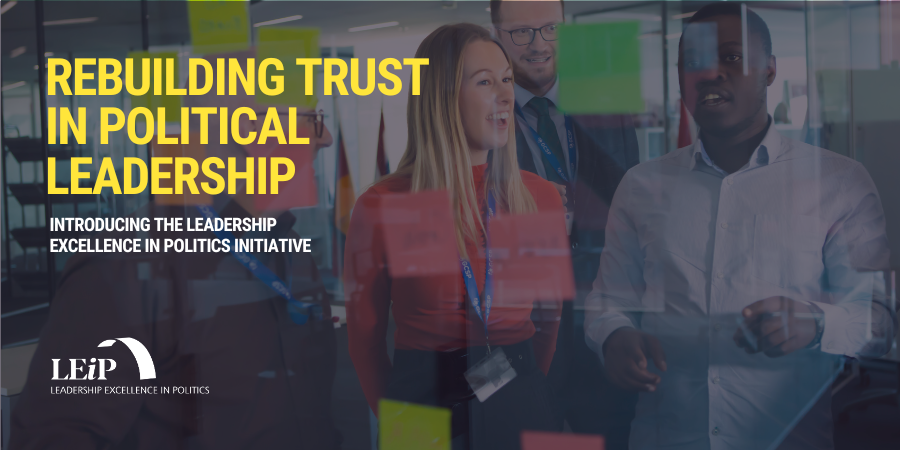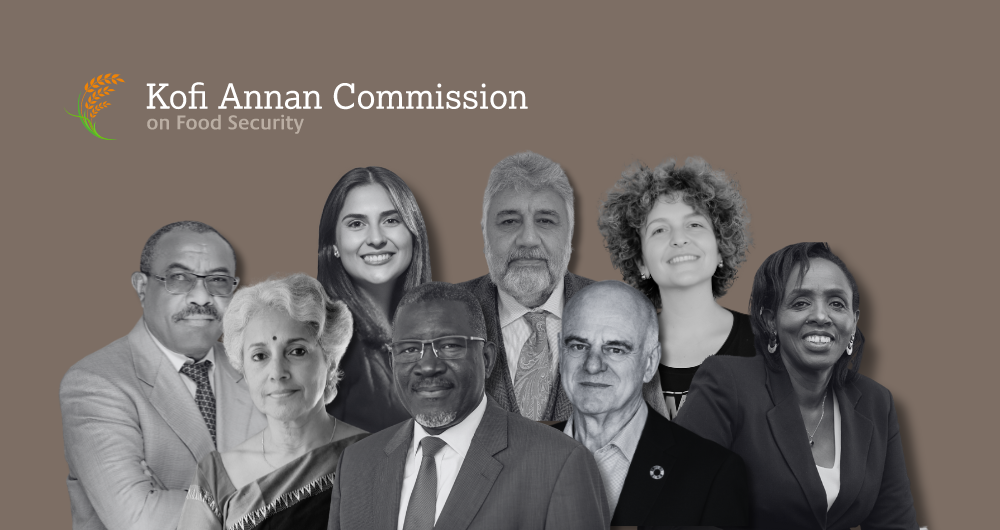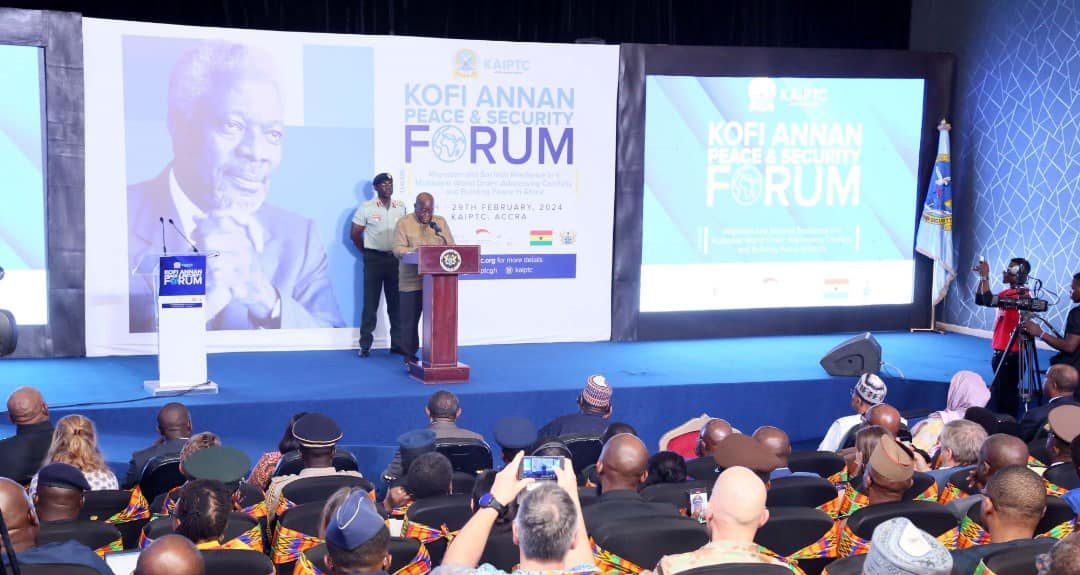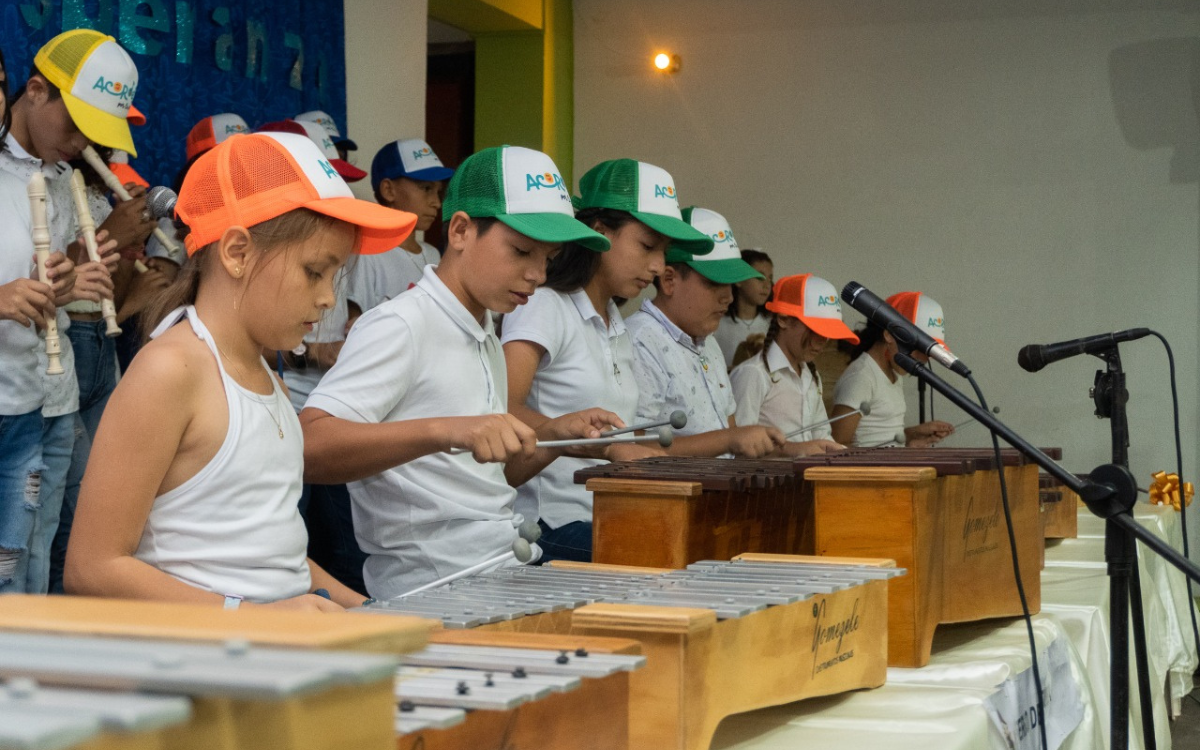Fostering Collaborative Solutions at the Nexus of Climate, Environment and Peace
In honour of Geneva Peace Week 2023, the Kofi Annan Foundation, World Bank, Conservation International, International Union for Conservation of Nature, and SIPRI are joining forces to host a workshop exploring the nexus of climate, environment and peace.
Climate change, environmental degradation, fragility, and conflict are interconnected, complex and pressing challenges. An integrated approach is needed to work on these issues in parallel, bridging strengths and partnerships across sectors and stakeholders to meet the challenge posed by reinforcing and compounding risks. While diverse actors may all be working to address similar root causes and interlinked and mutually supporting goals, there is an opportunity to innovate and enhance coordination.
As part of Geneva Peace Week 2023, the Kofi Annan Foundation, World Bank, Conservation International, International Union for Conservation of Nature (IUCN) and Stockholm International Peace Research Institute (SIPRI) are hosting an in-person workshop, “Fostering Collaborative Solutions at the Nexus of Climate, Environment and Peace” on 2 November 2023.
This workshop seeks to summarize and develop a vision for responding to the barriers to collaboration across stakeholders and sectors at the intersection of environment, climate, peace, and development. The session will bring together practitioners, researchers, policymakers, and donors working at this nexus.
Date: Thursday, 2 November 2022
Time: 9:00 – 10:30 AM
Location: Maison de la Paix – GCSP, Conference Room 5th floor (Pétale 4) Geneva, Switzerland
Format of the workshop
To open, discussants representing various sectors will characterize the gaps or challenges in collaboration, with a focus on different actors’ comparative advantages and needs. Then, participants will be invited to form part facilitated interactive discussion groups to identify pathways to establish enabling conditions and catalyze collaboration across actors and sectors. Examples and key actions, resources, and other conditions identified will be reported back to the full group and compiled to produce a knowledge product summarizing the next steps to facilitate transformative partnerships and reflect the knowledge and perspectives of participants.
Participants of varying experiences and backgrounds are invited to join this workshop; diversity is considered an asset in discussions, which the organizers will compile into a report to be circulated. This session will provide a structured opportunity for networking, sharing experiences, and envisioning a future of innovative collaboration at the intersection of climate, peace and development.
![]()
Moderator
- Sofia Anton Martins, Programme Manager, Youth & Peace, Kofi Annan Foundation
Opening Remarks
- Anniek Barnhoorn, Research Analyst, Stockholm International Peace Research Institute (SIPRI)
Speakers
- Phoebe Spencer, Environmental Economist, Middle East and North Africa, World Bank
- Sebastian Kratzer, Environment, Climate, Peacemaking Lead, Centre for Humanitarian Dialogue (HD Centre)
- Verónica Ruiz, Programme Manager for Climate and Disaster Resilience, Climate Change Team, International Union for Conservation of Nature (IUCN)
- Héloise Heyer, Conflict Sensitivity Lead, PeaceNexus Foundation
Closing Remarks:
- Paloma Noriega, Associate Programme Officer, Adaptation Division, UN Climate Change
Organised by:
- The World Bank
- Kofi Annan Foundation (KAF)
- Conservation International (CI)
- International Union for Conservation of Nature (IUCN)
- Stockholm International Peace Research Institute (SIPRI)
Resources: Climate, Environment and Peace
Interested in learning more about the intersection of peace, climate and environment? The World Bank, Kofi Annan Foundation, Conservation International, IUCN, HD Centre and SIPRI have selected some publications, articles and whitepapers to help you learn more:
Report | Defueling Conflict Environment and Natural Resource Management as a Pathway to Peace
World Bank
This report seeks to build a strong narrative on the need for the World Bank Group to engage and invest in environment, natural resource management, and climate change resilience in Fragile and conflict-affected situations. It further aims at facilitating the integration of a conflict-sensitive lens into World Bank operations and programs addressing natural resource degradation and climate change.
Get the report (also available in French and Spanish)
Report | Linking Conservation and Peacemaking
Centre for Humanitarian Dialogue (HD Centre)
This paper explores how mediators should understand, and how they could address, conservation (including land restoration) in the context of peace negotiations and agreements. It also sets out concrete recommendations for mediators on how to integrate and connect conservation to their peacemaking efforts.
Whitepaper | Operationalizing Environmental Peacemaking: Perspectives on integrating the environment into peacemaking
Sebastian Kratzer and Lina Hillert, HD Centre
While environmental issues are gaining traction in peacemaking practices, the sector needs to do more to ensure that mediation strategies, peace processes and agreements are sustainable and correspond to new realities.
Article | Four climate frontiers: How mediators can make peace and help protect the planet
HD Centre
This article by Sebastian Kratzer from HD Centre’s Mediation Support and Policy Unit is based on a panel discussion at the EU’s 2023 Peace Mediation Community of Practice and draws on insights from the 2023 Berlin Climate and Security Conference.
Report | Lessons Learned in supporting conflict sensitivity and incorporating environment peacebuilding
Conservation International
Key lessons learned over more than 10 years of experience, from the perspective of organizational transformation and in relation to operations and programming. Designed to help conservation practitioners and organizations better understand and respond to conflicts that can arise from or have impacts on conservation initiatives, and to capitalize on opportunities to support peacebuilding in local communities.
The report is available in English, Spanish, French and Portuguese.
Website & Video | Environment of Peace
SIPRI
#EnvironmentOfPeace provides the most comprehensive account to date of how different aspects of environmental crisis—including climate change, mass extinctions and resource scarcity—are interacting with today’s darkening security horizon and other phenomena, such as the fallout of the COVID-19 pandemic. It also offers governments and other decision-making bodies recommendations for action and principles to guide them.
Policy Report | Environment of Peace
SIPRI
In the Environment of Peace report, SIPRI proposes five principles and six recommendations that governments and other organizations such as businesses, civil society and international institutions must observe in tackling the twin crises of environmental degradation and human insecurity.
Resource Library | Conflict & Conservation
IUCN
Conflict and conservation | IUCN
Commission | World Commission on Environmental Law (WCEL)
IUCN
Advancing environmental law to strengthen the legal foundations of conservation of nature and sustainable development. The WCEL promotes the environmental rule of law globally, particularly in countries that seek to improve their law and governance systems.
World Commission on Environmental Law | IUCN
Thematic Group | IUCN CEESP Environment and Peace Thematic Group
IUCN
The IUCN CEESP Environment and Peace Theme focuses on the integration of natural resource management in conflict prevention, mitigation, resolution, and recovery to build resilience in communities affected by conflict.



